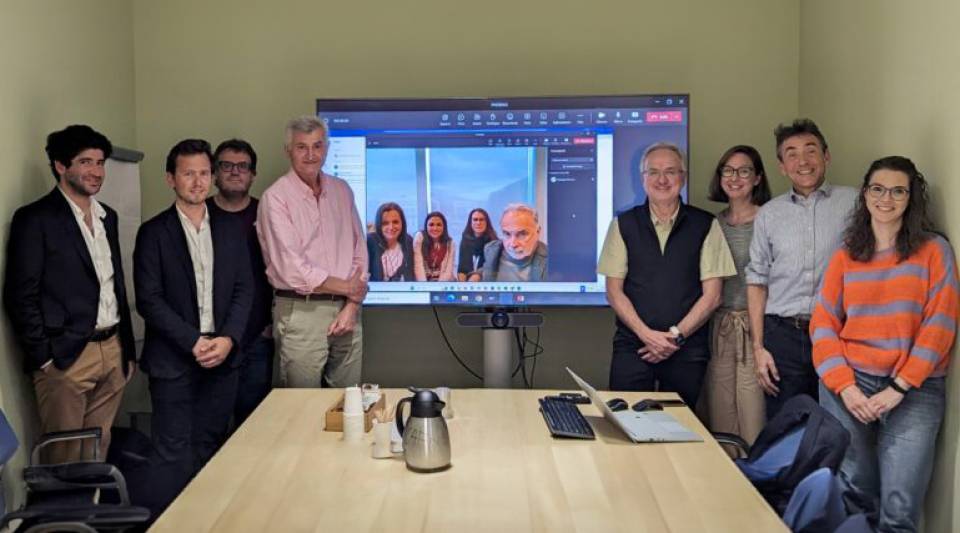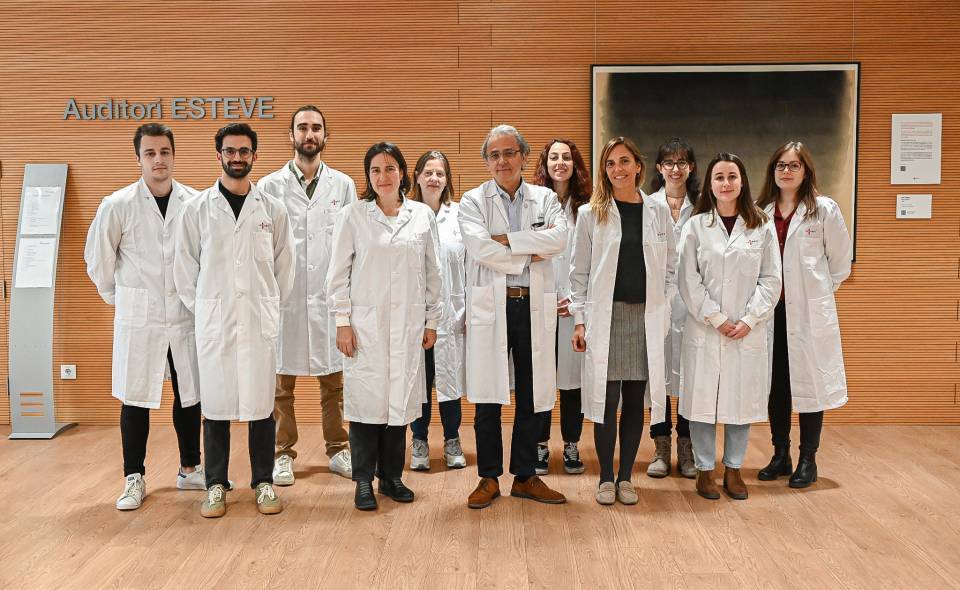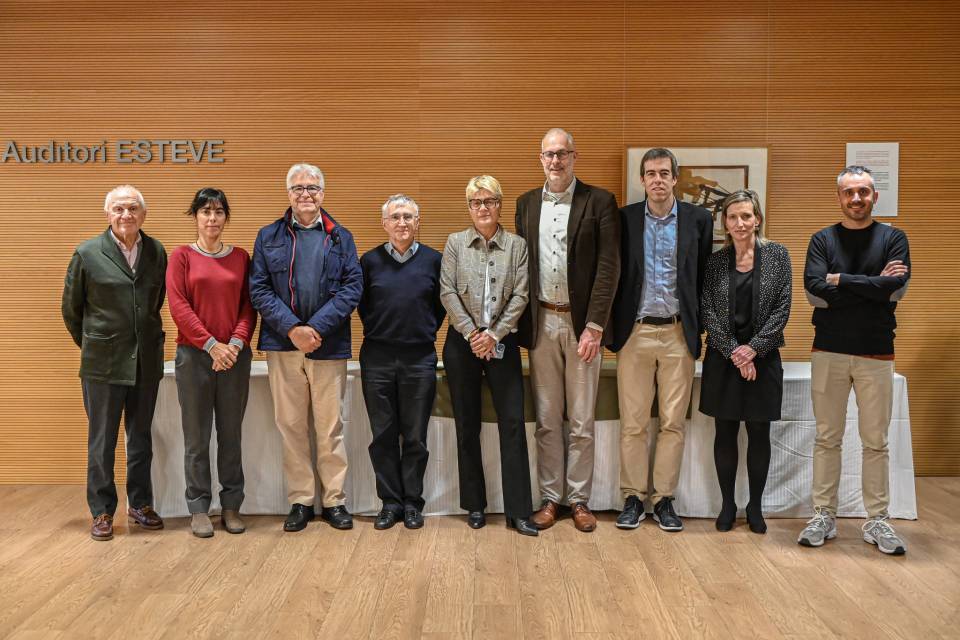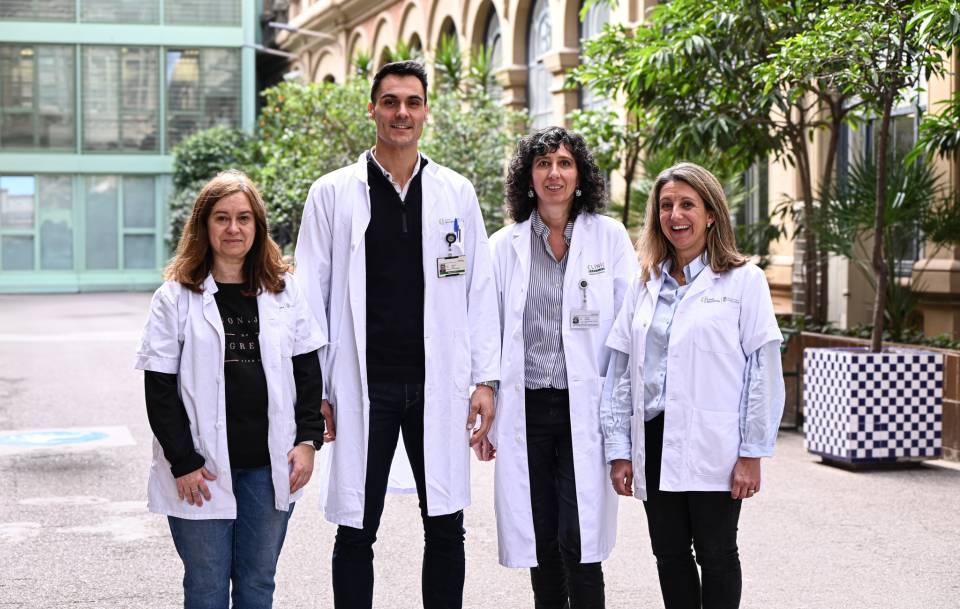Solid organ transplantation is often the only option for certain patients. Although transplantation success rates have improved in recent years, transplant patients require life-long immunosuppression medication to prevent graft rejection. This immunosuppression comes with a higher risk of cancer, infections and other complications. Moreover, it is not infrequent that the recipient organism continues to identify the organ as foreign, which can lead to the loss of the transplanted organ in just a few months or years. The long-term graft failure rate currently stands at 20%.
The goal of the PHOENIX project is to reduce graft rejection and improve tolerance to the transplanted organ without compromising the host’s immunity to infections and cancer. To this end, the project team is working to develop a more specific, innovative immunotherapy based on nanotechnology in order to overcome the drawbacks of the broad, non-specific immunosuppression applied at present.
The project has a duration of three years and is funded by the European Union’s Horizon Programme with 4.89 million euros. There are four partner centres: the Istituto di Ricerche Farmacologiche Mario Negri (IRFMN) in Italy, which is the coordinator; the Centre Hospitalier Universitaire de Rennes (CHUR), in France; Pintail, in Ireland; and the IDIBAPS Pathogenesis and treatment of autoimmunity group, led by Pere Santamaria. Santamaria’s group has discovered and developed nanotherapies based on the major histocompatibility complex (MHC) and has pioneered know-how related to these compounds, from design, engineering and manufacturing to safety, mechanisms of action and clinical indications.




